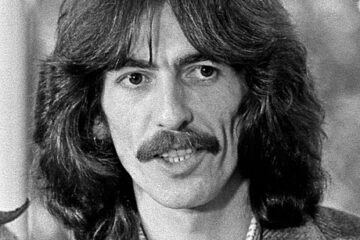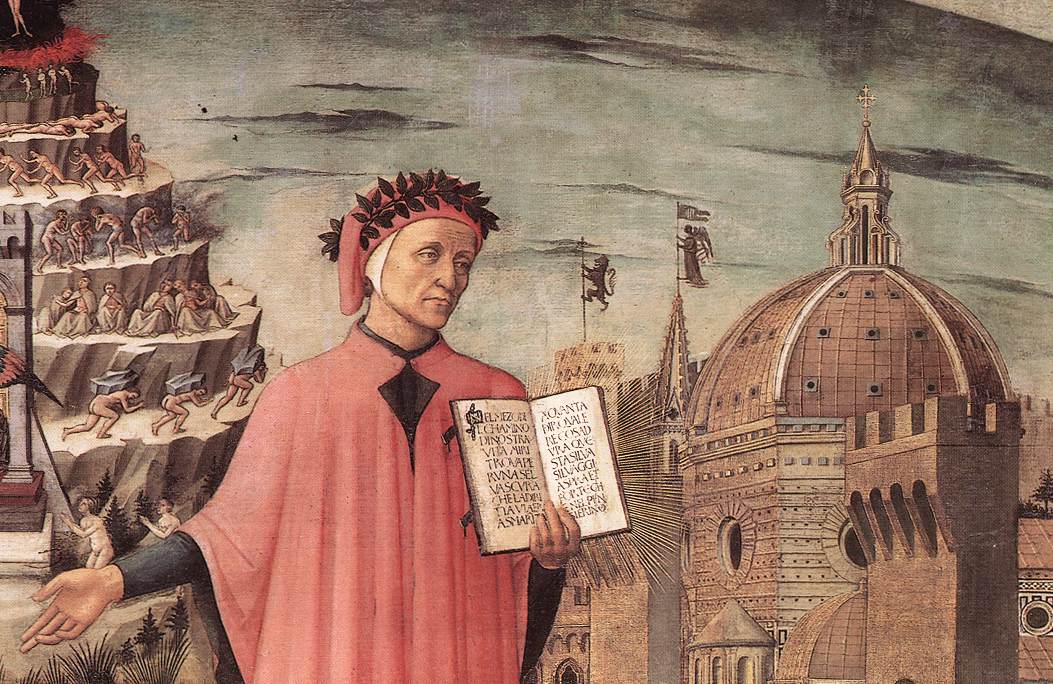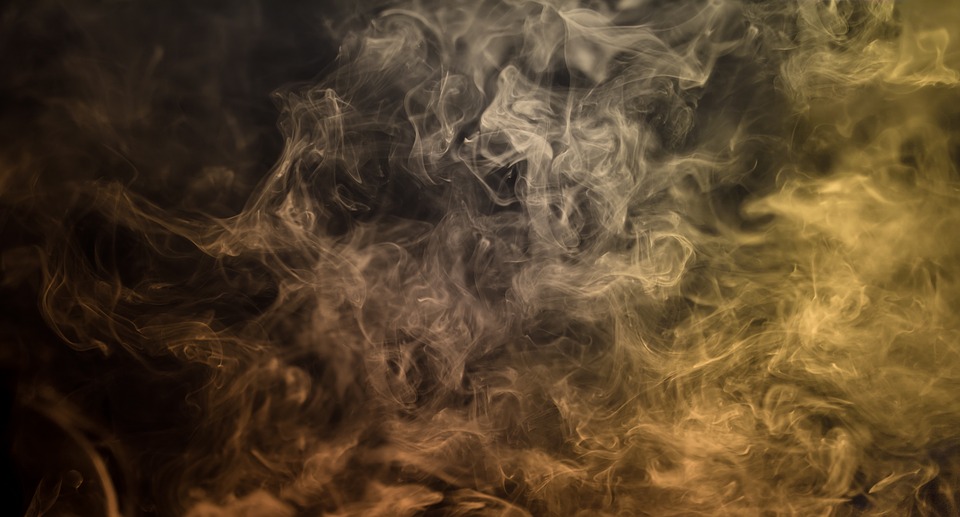A few friends have expressed surprise to me at some social media reactions to my latest piece at Word on Fire, in which I once again adjure the Catholic laity to tap into the force and power they possess by virtue of their baptisms, the power of priestly and prophetic penance and prayer.
My first response to the stories about former Cardinal Theodore McCarrick, and then to the Grand Jury report out of Pennsylvania, has been to go more deeply inward with prayer, fasting, and acts of repentance for the sake of the Whole and Mystical Body of Christ, the Church. This we must all do if we desire her healing.
Recently on Twitter a friend questioned why layfolk should be charged to take up any bit of the work of penance when the great sins that have roiled us originated with priests and bishops. I could only answer that the white blood cells cannot refuse to do their job against an infected heart and still expect the Body to heal.
As I share in my piece, seriously pursuing prayer and penance has had an effect of gentling my heart in surprising and positive ways, even as I remain infuriated by the actions (or lack thereof) of too many of our priests and bishops, and — if I am being honest — by the Pope’s seeming reluctance to admit that yes, there is a ‘scandal’ here worth talking about, or his apparent refusal to help us get to the truth of things.
We are right to be angry
It is entirely possible to be righteously angry, but not to permit our anger to own us, or to subjugate our spiritual power to our rage.
That does appear to be what some people want to do, though. They bristle at the idea of doing penance for the sins of the church because those sins are not specifically theirs. That is not the way of our faith though. Christ himself — all innocence — took the sins of others onto himself, carried them and died for them. Our great saints, too, have modeled for us the efficacy of generous spiritual action undertaken in reparation for the sins of others. Good heavens, why do you think monastic men and women pray in their cloisters, not just in supplication, but in reparation as well, for those of us who cannot or will not do it themselves?
It depresses me to hear lay Catholics declare — almost with a sense of pride — that they’ll have no part of reparative prayer, that they’ll do no penances for the sins of her Churchmen. Perhaps they fear that in doing so our priests and bishops will escape Justice. Particularly as we watch investigatory actions stall out of Rome, we know some may. Some very bad men might never be held accountable, it’s true. But Justice is God’s to see to. Even if someone “seems” to be getting away with bringing a terrible sickness upon the Body of Christ, we know that they will answer to Eternity. In the meantime, what will happen when we face our own accounts — when Jesus asks us what we did to restore and repair his Body? Will we say, “Well, I was so angry for your sake, Lord, that I refused to pray; I refused to offer reparations, or make any sacrifices for the sake of your Body, because of the insult to you!”
Anger is understandable. Who or what is ultimately served by our anger must be asked, though. Do we serve our ego with our righteous refusal to be humbled for the sins of others? Do we serve Christ, or anti-Christ?
One very nice lady wondered how she — a victim of priestly abuse — could possibly be expected to offer anything up but her pain? Well yes, offer up the pain, that’s spot-on. When I wrote of the White Blood Cells that must cleanse the infected heart of the Body, I thought of “those in white robes” in heaven, “who have lived through the tribulation” all those seared through, martyrs or victims.
We have more power than we know
When the Grand Jury report first broke, Fr. Mark Horak, S.J. was blunt:“There isn’t a whole lot you can do because lay people are not in positions of power in the church,” he said.
In one sense he is perfectly right: Rome ultimately holds all the earthly power connected to what we will or will not learn about Theodore McCarrick or the culture that grew and nourished him and others like him. In another sense, though, Horak is wrong. We Catholics may not wield much “earthly” power beyond our time and our checkbooks, but in terms of action and faith, we have the supernatural power of heaven that is tapped into through precisely those practices of prayer and penance some would avoid.
Today’s feastday honoring the Korean martyrs speaks exactly to the power of the laity, as Sr. Catherine Wybourne, OSB relates here:
The history of Christianity in Korea is largely the history of a lay initiative. …As Pope St John Paul II remarked when he canonised the Korean Martyrs in 1984,”The Korean Church is unique because it was founded entirely by laypeople. This fledgling Church, so young and yet so strong in faith, withstood wave after wave of fierce persecution. Thus, in less than a century, it could boast of 10,000 martyrs. The death of these many martyrs became the leaven of the Church and led to today’s splendid flowering of the Church in Korea.”
Sr. Catherine adds:
At present, when many Catholics are expressing anger and disappointment at the way in which bishops and clergy have often failed to get to grips with the evil of abuse, the history of the Korean Church is a stark reminder of the role of the laity and the responsibility we all have for the Church’s growth in number and holiness. We do not abandon the Church because she is not all we should like her to be. We stay and work to ensure that she becomes what the Lord desires she should be — and that applies to all of us, whether we be bishops, priests, laity or religious. We all have a part to play, and though our roles differ, none can be regarded as ‘secondary’ or ‘unimportant’. The feast of the Korean Martyrs is a reminder to laypeople of the greatness of the lay vocation, a gentle warning to bishops and clergy that the power of ruling is not the only one to be valued in the Church, and an encouragement to us all that grace will be given in time of need. Thank God for that.
Amen. Last year the Vatican Museum hosted an exhibit from the history of the church in Korea. There is so much beauty from this lay-begun community. If layfolk can found a church, they can fix a church, too, but never by withholding our prayers, or refusing to tap into the force of heaven.
Image: Pixabay-cc



0 Comments